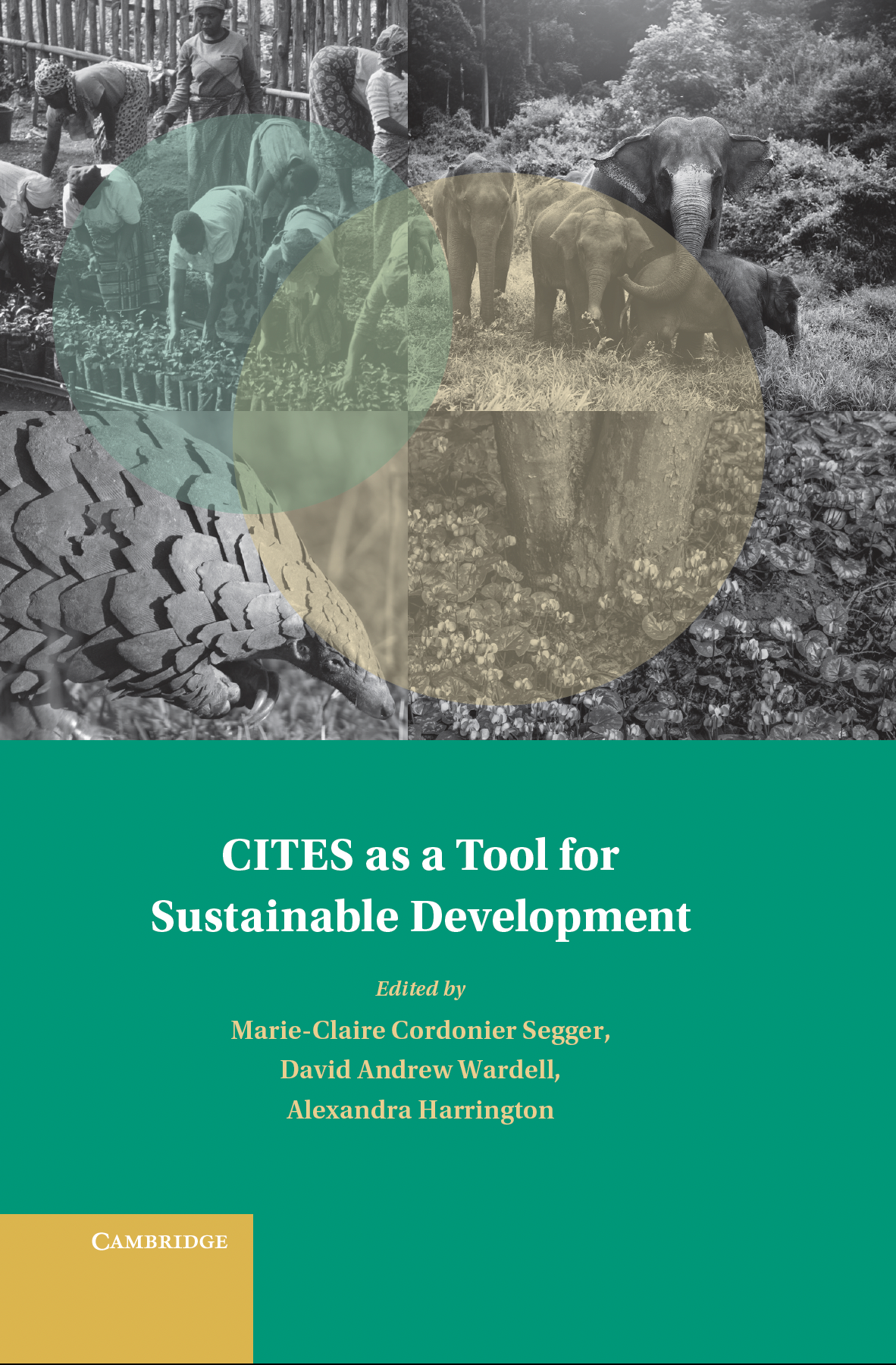New book provides emerging insights to secure the protection of endangered species
Estimated reading time: 2 minutes | Photo: A mother and baby black rhino in Lewa Conservancy, Kenya by David Clode.

The conservation of endangered species is a critical challenge for sustainable development. Although serious attempts are being made to reverse current trends, many species are threatened and their crucial habitats continue to be degraded and lost at alarming rates. Various international agreements, notably the Convention on International Trade in Endangered Species of Flora and Fauna (CITES), have aimed to regulate trade in listed species through the development of national frameworks and international collaborative measures. In spite of these initiatives, the implementation of international regulations remains a challenge for developing countries, especially for countries with limited scientific, human, technical and financial capacities. This new 2023 volume, CITES as a Tool for Sustainable Development, seeks to underline and explore the legal aspects of implementing the CITES to achieve the Sustainable Development Goals (SDGs).
The volume is co-edited by a team of experts, including Michelle Anagnostou, PhD candidate and SSHRC Doctoral Fellow in the Department of Geography and Environmental Management. Her research interests lie in the intersections between criminal, social, and environmental justice, with a focus on illegal wildlife trade. She worked alongside Marie-Claire Cordonier Segger, Alexandra R Harrington, and David Andrew Wardell on the new volume that provides an accessible overview of CITES that is informed by high quality research and the first-hand experiences of a diverse team of researchers, practitioners and policy specialists from around the world.

The volume reviews the current contributions of law towards the implementation of the CITES and proposes certain new directions for law and policy on sustainable development in the context of the CITES and CITES-listed species. Understanding how to bridge environmental law with sustainable development is essential if we are to foster collaborative action to deliver on the UN 2030 Agenda for the 17 Sustainable Development Goals and the recently adopted Kunming-Montreal Global Biodiversity Framework. This new Cambridge University Press volume aims to be a key new law and sustainable development reference book in its field. The key findings from the book identify elements of the future international law and governance research agenda, and offer tentative conclusions on the state of international efforts to secure and strengthen implementation of the CITES in the context of the world’s SDGs, for future generations of humanity, and all of the most vulnerable and voiceless species on Earth.

